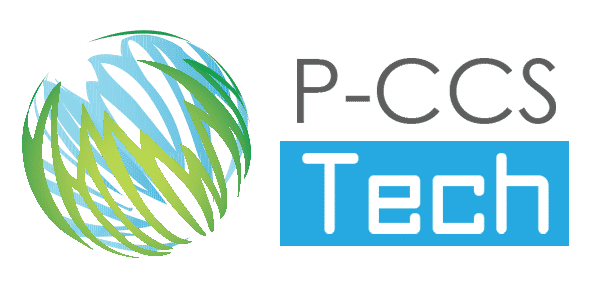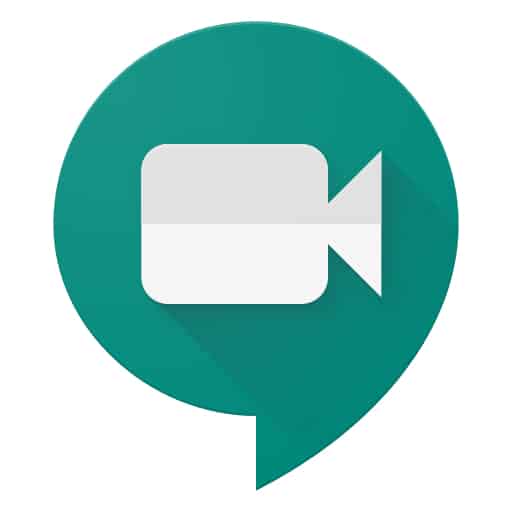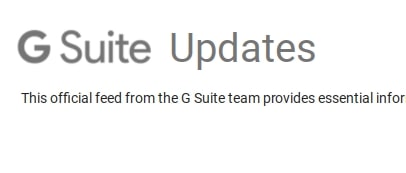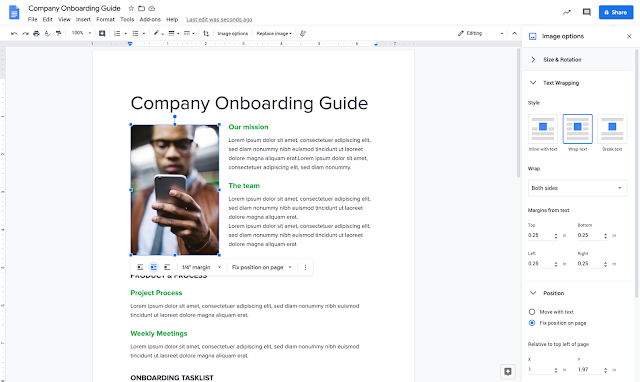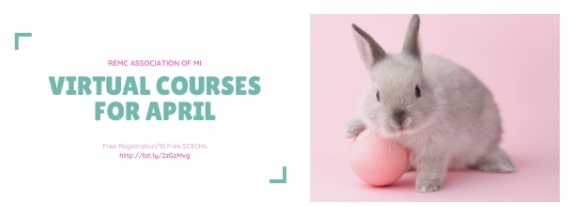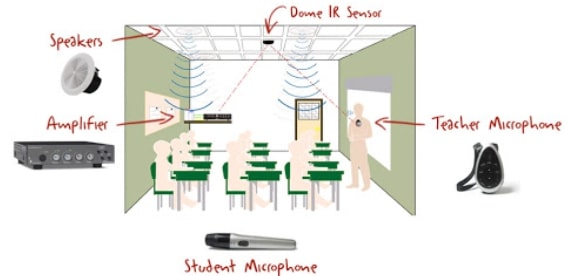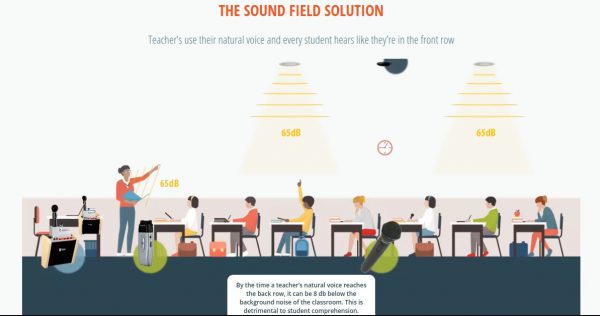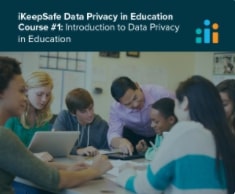|
You’re in Luck ☘ REMC’s Virtual Courses are free & offer 10 free SCECHs
REMC’s Virtual Courses make it easy to keep up with your professional learning. These courses offer an easy, convenient way for teachers to connect and collaborate while reducing time and cost. Their courses are available throughout the school year and are open to all Michigan school personnel. Best of all, their courses are *free* and offer free 10 SCECHs when completed.
Nine courses are offered in March. Each course is open for three weeks and consists of two (2) one-hour “live” webinars that are recorded and available for viewing later and eight (8) hours of resource review, assessment developments and written reflection. All REMC courses are open to all Michigan school personnel. There are no registration or SCECH fees because REMC SAVE partners provide support for all REMC Professional Learning opportunities.
REGISTER NOW
March 2020 Course Information
March courses begin on Monday, March 2. The deadline for registration is Friday, February 28.
Courses descriptions are provided below. If you have questions or need further assistance with your course registration, please contact the REMC Event Coordinator.
March Course Descriptions
Enhancing Instruction For All Learners
March 2 | 10 SCECHs
Address diverse student learning needs with technology integration.
1. Identify basic principles of universal design, differentiated instruction and best practice teaching strategies to enhance existing or new lessons or classroom activities.
2. Apply these strategies using technology integration to improve learning.
3. Learn to find and use interactive learning activities to address a variety of learning styles.
Address learning barriers and support learners using technology tools.
Making the Most of Your Google Classroom
March 2 | 10 SCECHs
Google Classroom is an easy way to organize and distribute your classroom assignments. You can even share documents through Classroom and create a two-way conversation between you and your students. Learn all the ins and outs of Google Classroom and the many ways you can integrate multiple applications into Google Classroom. (e.g., Geogebra, Discovery, Flipgrid, edPuzzle, etc.) Learn how to add and grade assignments, post daily warms up, add parents and guardians, and much more!
Searching Safely and Strategically
March 2 | 10 SCECHs
It has become essential for teachers and students to know how to search safely and efficiently to retrieve reliable information. The course provides educational database links to safe, accurate sites. Participants will also learn to evaluate information from the internet to determine their authenticity. Participants will also leave with a good grasp of what is available in Michigan eLibrary; FREE resources for every resident in Michigan.
Authentic Student Learning and Gamification
March 2 | 10 SCECHs
Explore the many elements of game mechanics that can also be used for classroom instruction! Examine the purpose and use of Gamification and Game-Based Learning. Uncover how Gamification and Game-Based Learning provide rich, unique experiences for student learning. The course itself models the Gamification style so participants will gain deep Gamification experience as well as experience in games that reflect the Game-Based Learning approach.
OER to Support Competency-Based Education (CBE)
March 2 | 10 SCECHs
Open Educational Resources (OER) are free, high quality, openly licensed educational tools that can be retained, reused, revised, remixed, and redistributed. This course will allow participants to learn about, explore, and implement OERs to support competency-based education (CBE). Competency-Based Education helps educators transition to a structure that personalizes education for students by creating flexibility and allowing students to progress through content by demonstrating mastery, rather than relying on seat time. CBE incorporates elements of flexible time, place, and pace while enhancing student agency through choice, voice, and authenticity.
Leading a Culture of Change in your School
March 2 | 10 SCECHs
Explore the essential needs of Leadership and Culture. This course is designed for school, district, and teacher leaders who wish to implement a change effort in their school or schools. Leaders is a broad category and can include coaches, teachers, technology specialists, aspiring leaders, or others interested in supporting school change. This course will focus on technology initiatives and other ideas that incorporate change.
Google: Applying Google Apps for Education in Chrome, Level 1
March 2 | 10 SCECHs
Google Apps for Education provides educators with an expansive repertoire of tools for empowering students and managing instruction. This course starts with the basics including how to create documents and share them with students, colleagues or parents. Participants will:
- Understand the different sharing options that are available.
- Learn how to navigate the Chrome Web Store to find and install apps that meet the needs of your students.
- Install, explore and utilize new Google Apps and/or Chrome extensions that enable teachers to leverage the impact that technology integration and Chromebooks can have in their classrooms.
- Realize the transformation these tools can have on teaching and learning when access to information is seamless and ongoing, not confined to the school day or classroom.
A Practical Guide to Global Success Skills in the Classroom for the 21st Century and Beyond
March 2 | 10 SCECHs
Global Success Skills (GSS) are critical to student development to ensure students can successfully navigate college and career opportunities. A 2016 survey conducted by the National Association of Colleges and Employees (NACE) identified a high need for entry-level students and employees to have practical skills in the following areas: leadership, communication, collaboration, and problem-solving. This course provides an in-depth understanding the Global Success Skills. Learn how to apply the skills in classroom instruction and professional growth lessons. Personalize learning experience by choosing areas to explore using the tools provided in class.
Social Media: Improve Student Critical Thinking and Collaboration, Level 2
March 2 | 10 SCECHs
Examine how social media tools can be used to support deeper student learning. In this course, collaboration and critical thinking are components of a rich academic experience. Explore how “any” social media tool can play an essential role through Substitution, Augmentation, Modification, Redefinition (SAMR) Level 3 and Depths of Knowledge (DoK). Choose from a variety of tools to investigate and design a collaborative learning experience that encourages students to develop critical thinking. The final assignment can be customized for a variety of classroom learning experiences.
|
